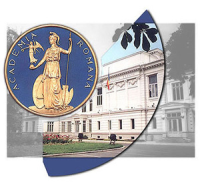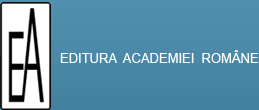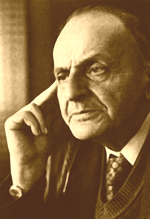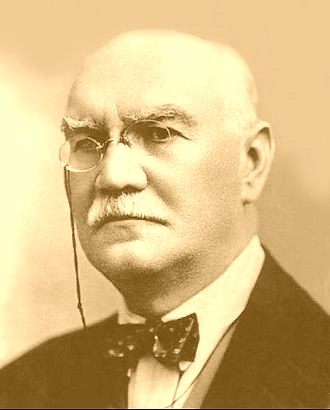Main Menu
DEPARTAMENTE
REVISTE
PUBLICAŢII PERIODICE
LEGĂTURI
CONFERINȚE
 Simpozionul Național Constantin Noica, Ediția a XVI-a „Povestiri despre om…” (26-29 septembrie 2024)
Simpozionul Național Constantin Noica, Ediția a XVI-a „Povestiri despre om…” (26-29 septembrie 2024)SIMPOZIONUL NAŢIONAL
SIMPOZIONUL NAŢIONAL
Welcome
PICASSOEST: USES AND ABUSES OF PICASSO IN EASTERN EUROPE, 1945-1989
victorg, Wednesday 03 January 2024 - 00:00:00 //
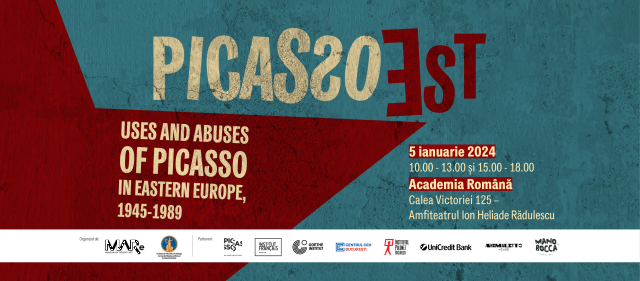 International Conference: Bucharest, Romania, January 5, 2024, Romanian Academy, Calea Victoriei 125 – Amphitheater “Ion Heliade Rădulescu”
International Conference: Bucharest, Romania, January 5, 2024, Romanian Academy, Calea Victoriei 125 – Amphitheater “Ion Heliade Rădulescu” Organizers: MARe/Museum of Recent Art, Bucharest, and Constantin Rădulescu-Motru Institute of Philosophy and Psychology of the Romanian Academy, Department of Western Philosophy
The international conference PICASSOEST: USES AND ABUSES OF PICASSO IN EASTERN EUROPE, 1945-1989 will take place on January 5, 2024, in the “Ion Heliade Rădulescu” Amphitheater of the Romanian Academy Library. It is organized by MARe/Museum of Recent Art and the Constantin Rădulescu-Motru Institute of Philosophy and Psychology of the Romanian Academy, in partnership with the French Institute, Goethe Institute, Czech Center, and the Polish Institute in Bucharest.
The conference is part of a series of events related to the “THE PICASSO EFFECT” exhibition held at the MARe/Museum of Recent Art from September 28, 2023, to January 22, 2024.
The conference is part of a series of events related to the “THE PICASSO EFFECT” exhibition held at the MARe/Museum of Recent Art from September 28, 2023, to January 22, 2024.
Throughout the day, both through the keynote lecture of Professor Uwe Fleckner (University of Hamburg) – “Education for a Democratic Gaze: Pablo Picasso's Munich Exhibition from 1955” - and through other presentations in the conference PICASSOEST: USES AND ABUSES OF PICASSO IN EASTERN EUROPE, 1945-1989, Picasso's work, figure, psychology, public attitude, and the aesthetic, ideological, and political impact of Pablo Picasso's work will serve as a genuine reflective lens through which participants will approach a critical historical period: the post-war era.
A true tour de force in the philosophy of history, the international conference PICASSOEST: USES AND ABUSES OF PICASSO IN EASTERN EUROPE, 1945-1989 will explore the temptations, practices, and theories of totalitarian aesthetics, as well as the complexity of instrumentalizing Picasso's work in a global pedagogy of freedom, from the perspective of democratic societies. Together, the contributions will shape a universe of debate on an intensely relevant theme: the always ambivalent relationships between freedom of expression and propaganda, liberation and manipulation, aesthetic vision, and authoritarian discourse.
A true tour de force in the philosophy of history, the international conference PICASSOEST: USES AND ABUSES OF PICASSO IN EASTERN EUROPE, 1945-1989 will explore the temptations, practices, and theories of totalitarian aesthetics, as well as the complexity of instrumentalizing Picasso's work in a global pedagogy of freedom, from the perspective of democratic societies. Together, the contributions will shape a universe of debate on an intensely relevant theme: the always ambivalent relationships between freedom of expression and propaganda, liberation and manipulation, aesthetic vision, and authoritarian discourse.
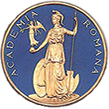

 P S I H O L O G I E
P S I H O L O G I E